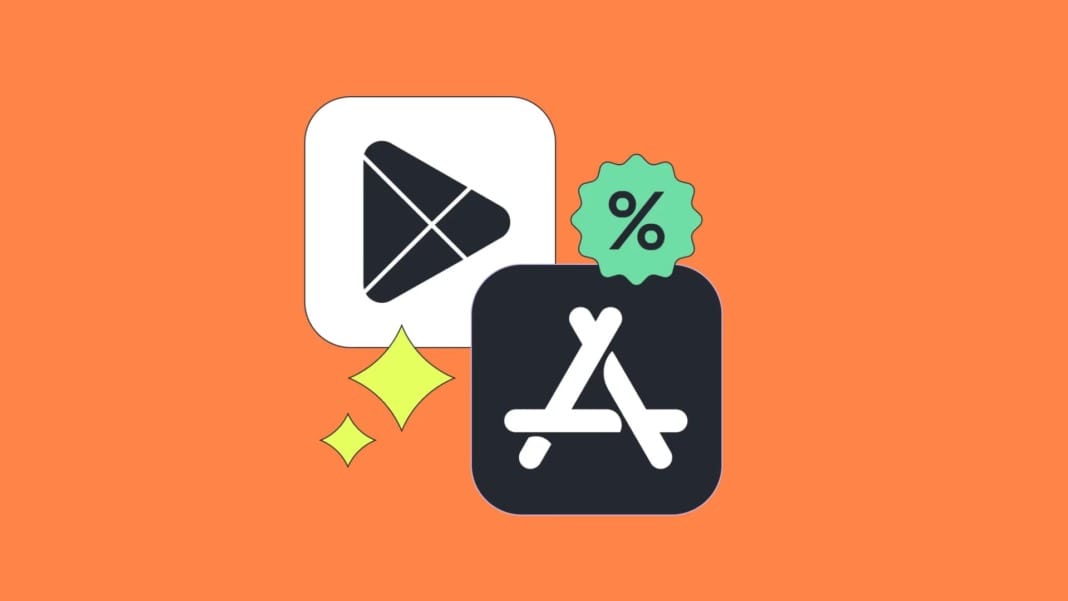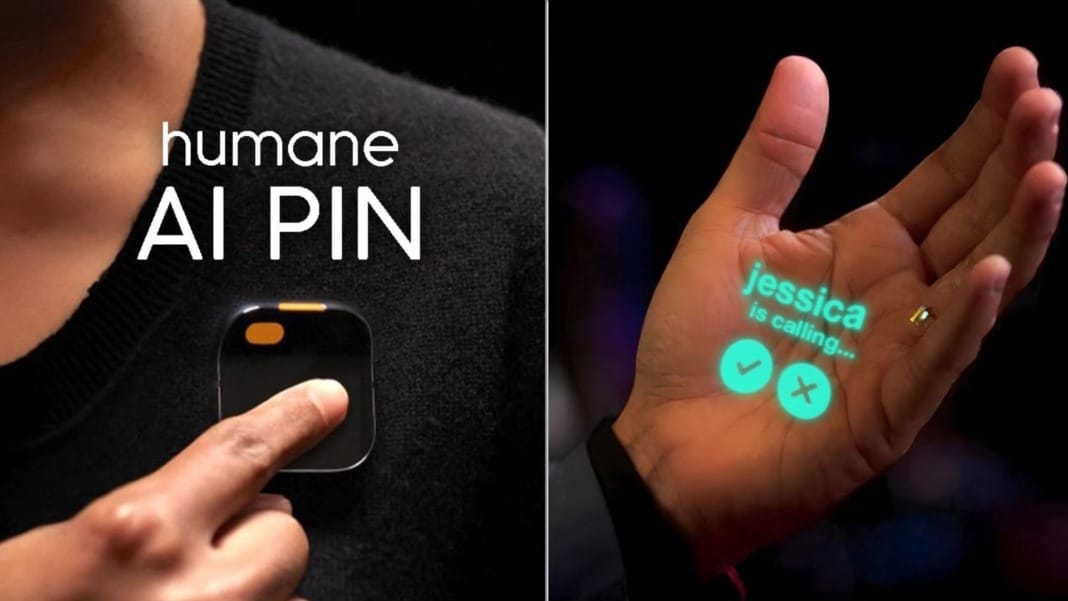Google has secured permission to sell e-books and audiobooks directly to iOS users through its Google Play Books app, bypassing Apple’s usual commission fees. This change allows you to purchase books seamlessly without relying on external web-based transactions.
Typically, iOS apps can offer access to content bought elsewhere, such as e-books purchased via a website. However, developers must request special permission to include a link that directs users from the app to their company’s website for purchases. Now, Google has obtained this approval, making it easier for you to buy books directly.
How it works and why it matters
In a blog post, Google confirmed that a new “Get book” button has been added to the Google Play Books iOS app. When you click this button, you’ll be taken to the Google Play website, where you can complete your e-book or audiobook purchase. The purchased content will be available in your library once the transaction is processed using your Google Account and saved payment details.
By handling transactions outside the App Store, Google can avoid Apple’s standard 30% commission on digital content purchases. This move aligns with a growing trend among developers seeking alternatives to Apple’s strict in-app purchase policies.
Another benefit of this update is sharing your purchased books with a family group via Google Play’s Family Library. This feature works across platforms, meaning your family members can access the content on iOS, Android, or the web, making it more convenient for households using multiple devices.
Apple’s exception and legal background
To implement this change, Google applied for Apple’s External Link Account Entitlement, an exception introduced after Apple settled with Japan’s Fair Trade Commission (JFTC) in 2022. The rule applies to “reader apps,” primarily offering digital content like books, music, and video. It allows developers to link users to an external website for transactions only after securing Apple’s approval and following specific guidelines.
For instance, when you click an external purchase link, Apple requires a full-screen alert informing you that you are leaving the App Store and no longer transacting with Apple. Developers must also follow strict formatting rules regarding how these links are displayed and coded within their apps.
Netflix was one of the first companies to adopt this entitlement in 2022, enabling users to subscribe directly via its website instead of through the App Store.
Google has not explained why it has only decided to offer direct purchases, but its timing may be linked to the long-running legal battle between Epic Games and Apple. The lawsuit, which revolved around Apple’s control over in-app payments, concluded with a ruling that Apple was not a monopolist but still had to allow developers to link to external websites for payments. When the U.S. Supreme Court declined to hear Apple’s appeal in January 2024, the lower court’s decision remained in place, ensuring that developers like Google could continue pursuing alternative payment options.
This update makes it easier for you to buy books on iOS while avoiding Apple’s commission fees, marking a significant shift in how digital content transactions are handled within the App Store ecosystem.





